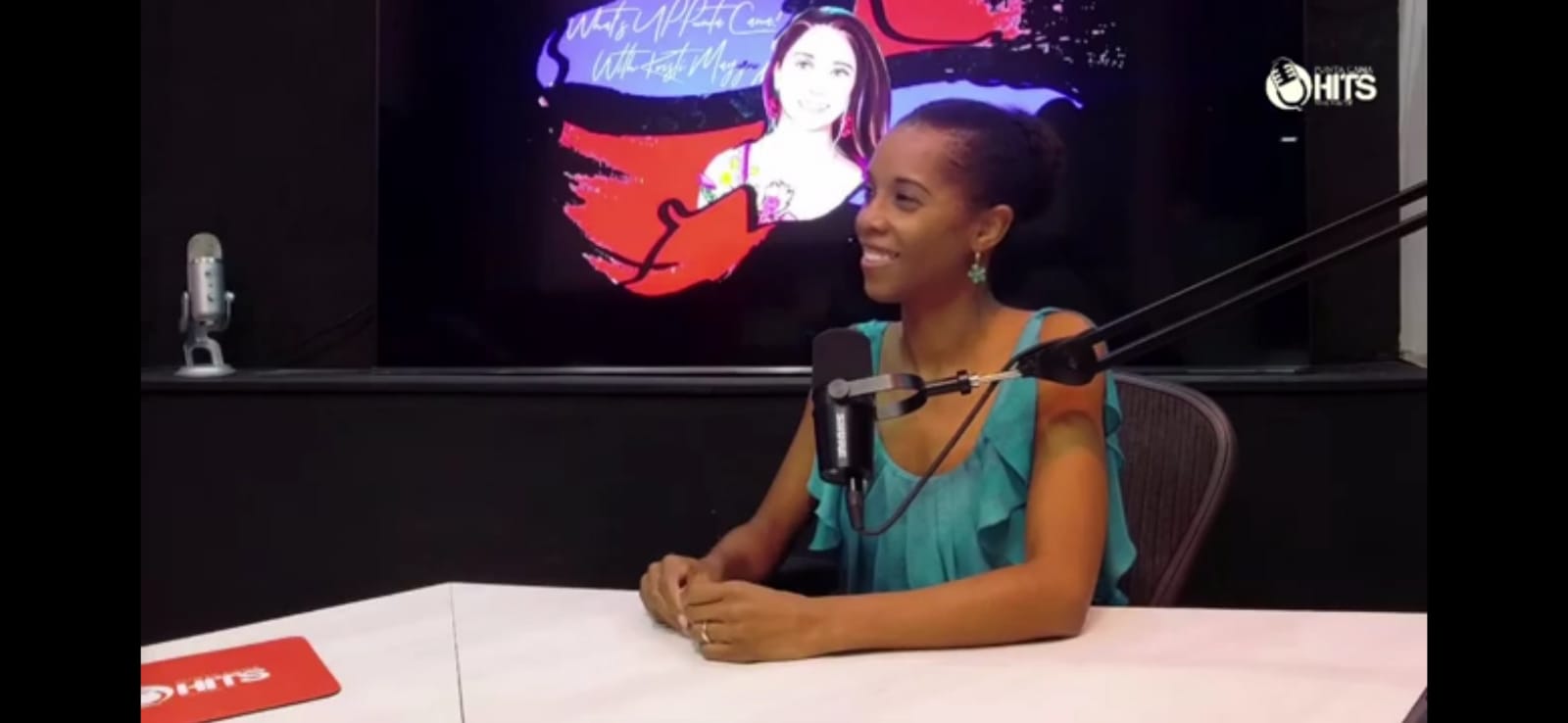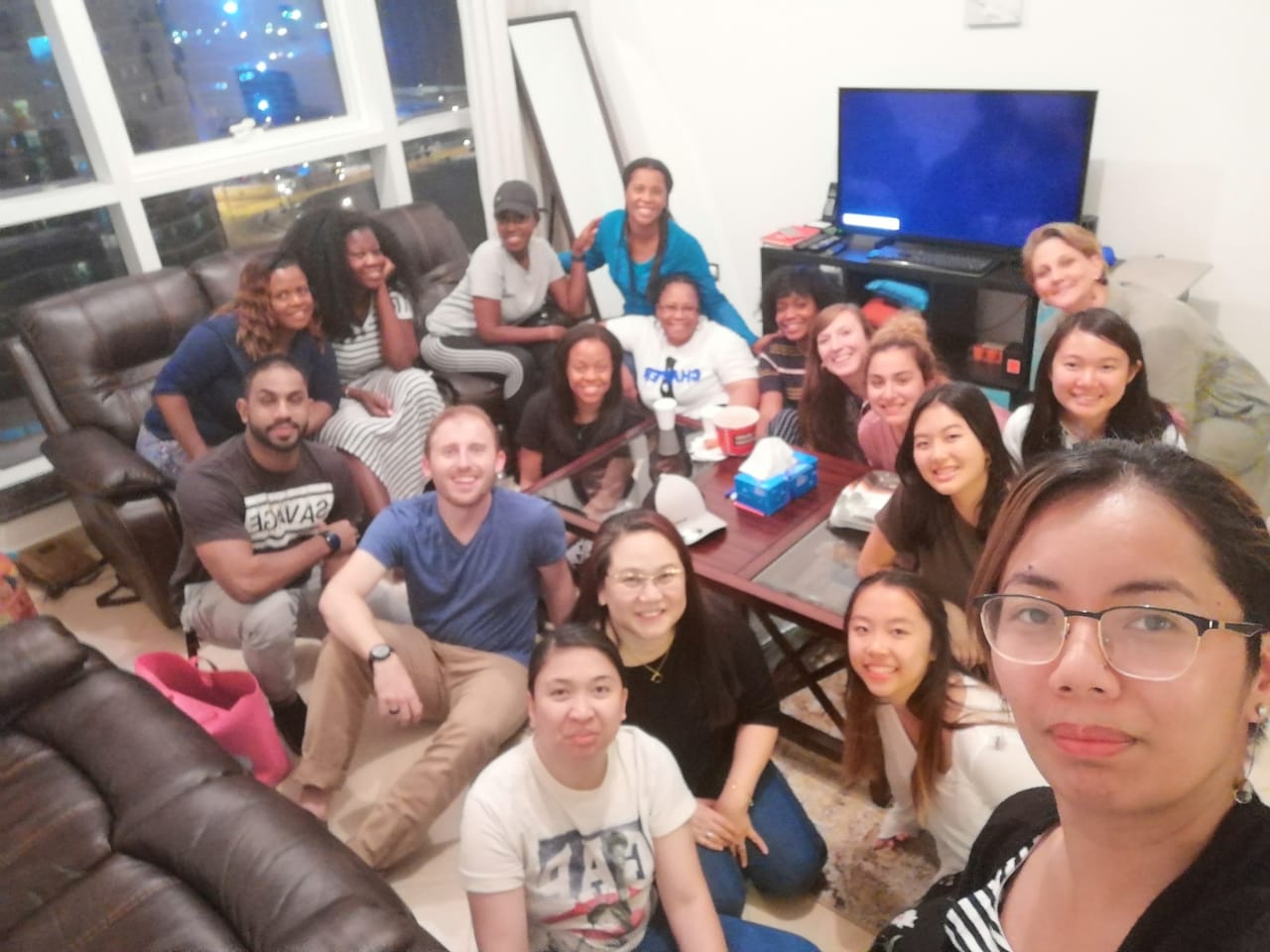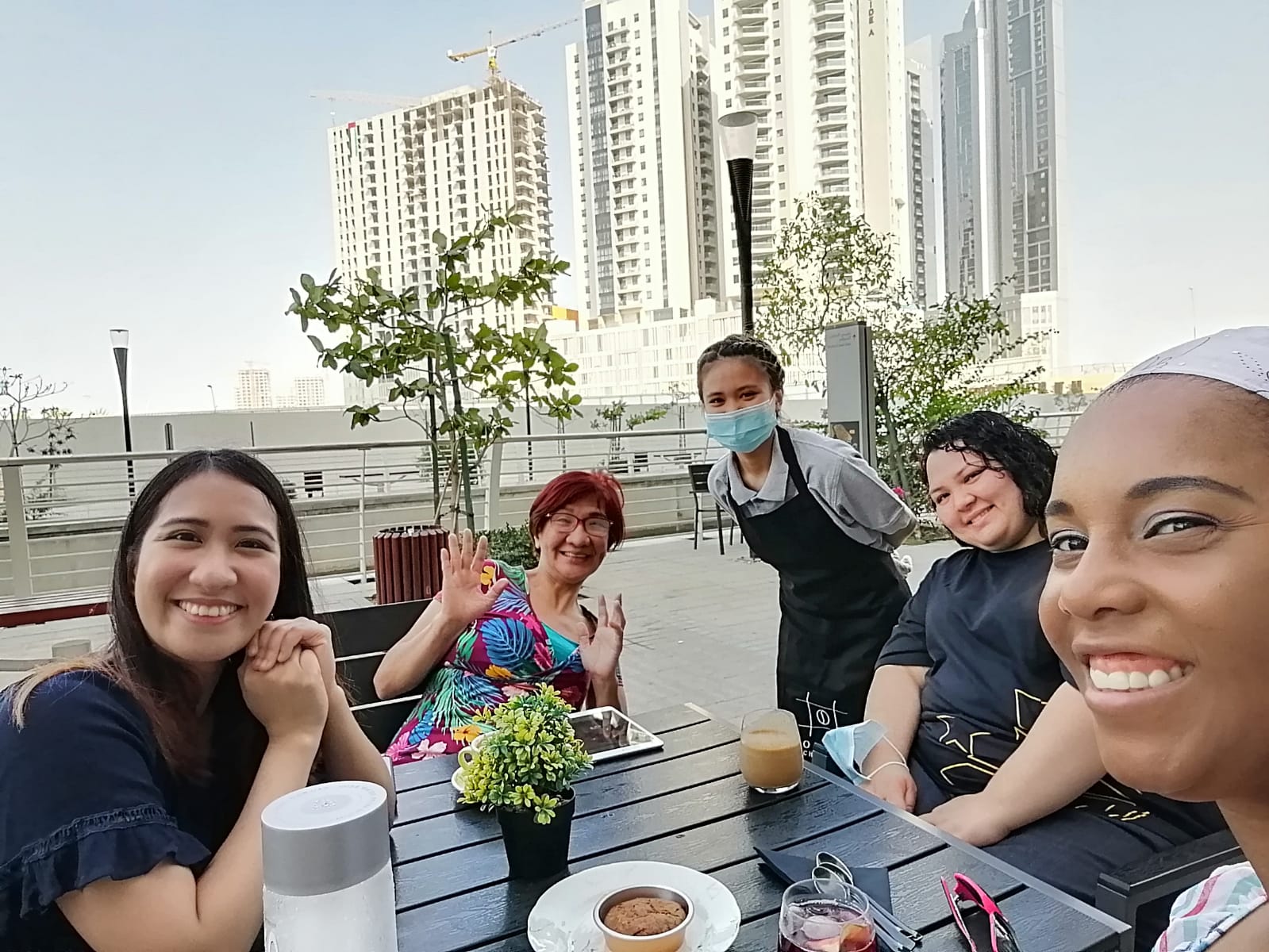We were lucky to catch up with Barika Andrews recently and have shared our conversation below.
Barika, appreciate you joining us today. What’s something you believe that most people in your industry (or in general) disagree with?
I’ve been leading since 1997, and over the years, I’ve learned a lot about developing teams that function well, work hard for the common goal of the organization, the leader, and each other. One of the biggest lessons I’ve learned is the importance of building relationships with the people who work with you and helping them build relationships with each other.
When I see leaders struggling to get their teams to work together effectively, hit goals, or work towards goals, it often has to do with the leader not being strategically intentional about building relationships with everyone on their team. Depending on the size of the team, this can be more challenging, but it’s one of the most important things a leader can do.
I uncovered this during my time leading my second team in corporate America. It was a small but mighty team responsible for major metrics in the company. At that time, I needed to grow and develop as a leader, and there were things I didn’t know about team development. Because I didn’t intentionally establish the culture I wanted for the team or build individual relationships with team members, we faced some negative behaviors that caused problems.
Eventually, those individuals moved on, and when we hired replacements, we focused on finding people who aligned with the team culture and wanted to be part of our goals. This experience taught me the critical importance of relationship-building in leadership, even though many might underestimate its value.

As always, we appreciate you sharing your insights and we’ve got a few more questions for you, but before we get to all of that can you take a minute to introduce yourself and give our readers some of your back background and context?
After leading over 18 teams with very different dynamics, I’ve learned what it really takes to build high-performing teams. There are a couple of key elements that need to be put in place, and while some leaders may stumble upon them accidentally, I aim to help leaders know exactly what they need to do and the steps they need to take to build a healthy team.
Part of what has driven me to this goal is my experience of leading many teams and observing both successful leaders and those who struggle. I’ve been able to identify the missing elements that, if implemented, can significantly improve team dynamics, work culture, and overall workplace enjoyment. I realized that I wanted to help new leaders and those who find themselves stuck in a plateau to move forward and build the teams they dream of having.
When employees work for an under developed leader, it can make their work environment very difficult. The leader experiences more stress than they should, and everyone takes that stress home, creating a ripple effect on society. An unhappy and stressed-out leader leads to unhappy and stressed-out employees, which affects family life and social circumstances. My goal is to make a positive impact on the world by helping people work in environments they enjoy, where they feel a sense of accomplishment, success, and that their work is valuable and contributing positively to the world.
What sets me apart is the diversity of the types of teams I’ve worked with. I’ve worked with teams inside and outside of the US, in person and remotely, with individuals from different cultures and backgrounds, in for-profit, not-for-profit, and volunteer settings, and with varying age groups from children to adults. Despite these differences, some fundamental aspects of human behavior remain the same across the board. The diversity of my experience helps me stand out, especially in volunteer situations where people choose to contribute their free time to a particular cause.
Additionally, I have a natural gift for leadership and teaching. Combining these two allows me to stand out because I can effectively lead and teach others to do the same. This combination is crucial for helping leaders develop the skills they need to build successful teams.
Something I’ve noticed is that some people can do something really well, but they can’t explain what they’re doing. When I built out the digital products I offer to clients, I considered what they need to be successful. I thought about what I needed at the beginning and how it could have been laid out for me to experience success a lot sooner.

Do you have any insights you can share related to maintaining high team morale?
First of all, this may sound unusual, but I’m going to say check your own heart when it comes to working with teams. You will have more success the more you think about others over yourself. When your team members know that you actually care about them, they will work extremely hard for you. They will help you get out of tight situations and defend you when needed.
Also, take a moment to really decide what type of culture you want to have in your company. It’s very important to think about your values and what’s important to you, and ensure that your employees also know and understand these values. Even if it’s a team of just one or two people, you need to know what your values are. Values drive the vision and help determine how things get done. When you have good values, they will guide the decisions made day in and day out, leading to high morale.
One of the main things you definitely want to do is build genuine, authentic relationships with employees. However, keep in mind that your employees are not your friends, so certain boundaries should be in place. You need to be relatable as a human without becoming unprofessional.

We’d love to hear the story of how you built up your social media audience?
This is an interesting one because I’m still in this process, and I never thought that I would be looking at a social media presence for my business. I just am not a person that had ever given it any significant thought, especially prior to working as an entrepreneur. Initially, I started out on TikTok. I felt led to go to TikTok, and I didn’t know what a TikTok was at the time, so that’s hilarious. I also did some paid advertising at the time.
One of the things I try to do is stay on top of what is currently happening in the social media space because it’s ever-changing. Even now, I think paid ads are not a strategy I would use. I don’t currently use them. I moved into some other social media platforms but decided to hone in on YouTube. I’ve been working on YouTube for about the last year or so, being more intentional and focused on putting out content.
Creating content for TikTok and YouTube has been a journey, but one of the great things that have happened as a result is that I’ve become very comfortable with being on camera. I’ve had a couple of interviews on radio stations and with a social media influencer who has about half a million followers. I’ve also done a couple of podcasts and other interviews. Doing social media consistently has helped me get more comfortable with being on camera and communicating my message in a different format than I typically would face-to-face. It has also helped make me more well-rounded.
Contact Info:
- Website: https://www.simplyuniquecoaching.com
- Instagram: https://www.instagram.com/simplyuniquecoaching/
- Facebook: https://web.facebook.com/simplyuniquecoaching/
- Linkedin: https://www.linkedin.com/in/barika-andrews-simply-unique/
- Youtube: https://www.youtube.com/@simplyuniquecoaching
- Other: https://www.threads.net/@simplyuniquecoaching



